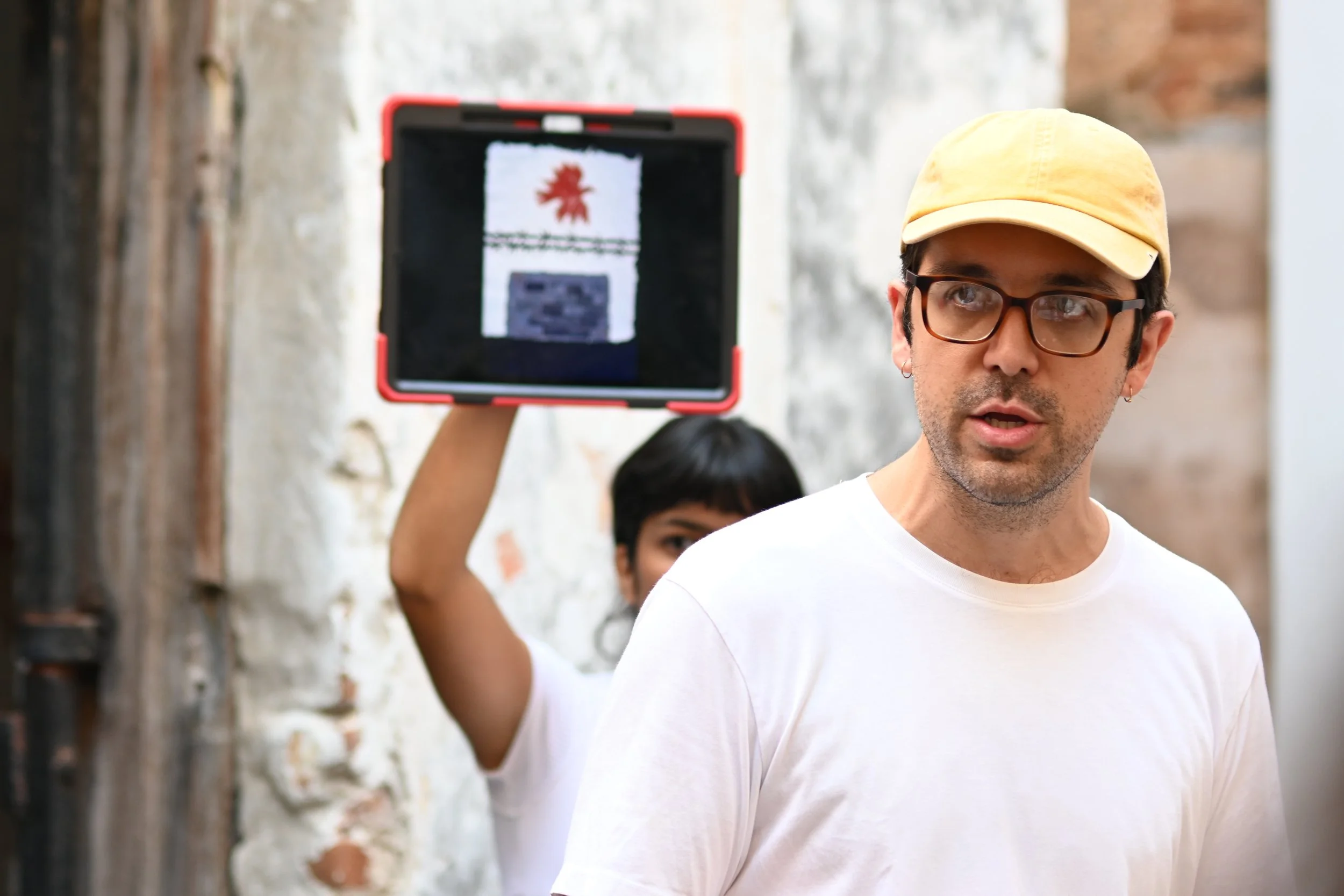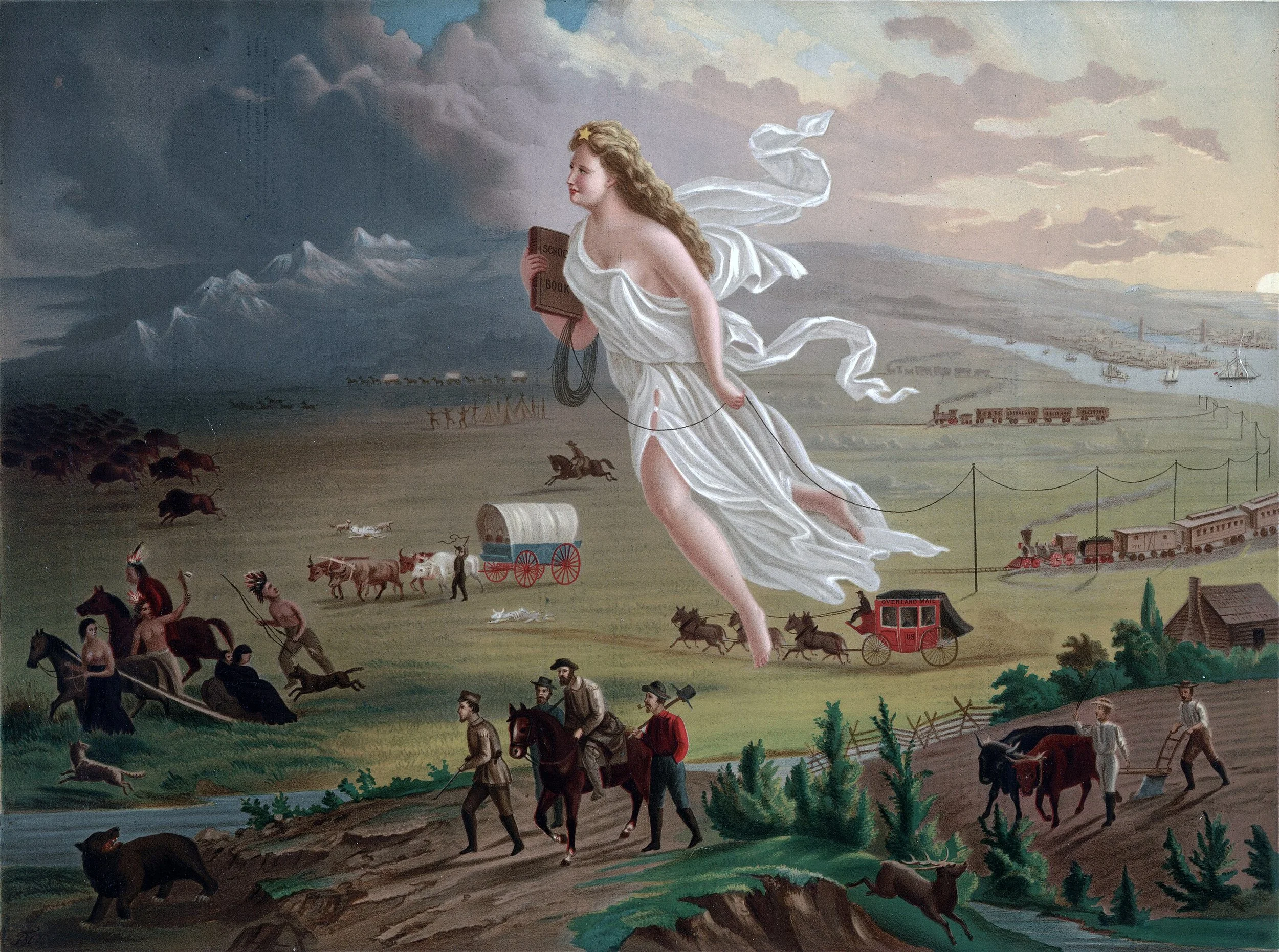San Juan (Anti)colonial: Imperialism and Resistance in the World’s Oldest Colony






-
Settler colonialism
Manifest Destiny
Spanish-American War of 1898
insular cases
citizenship
unincorporated territorial status
Americanization
colonial education
nationalism
Commonwealth
PROMESA and the Fiscal Oversight Board
Act 60
displacement
tourism
anticolonial resistance
decolonization
statehood
Cruises ships arrive almost daily to the colonial city of Old San Juan to consume its colonial heritage. Labelled as the oldest continuously inhabited city in the United States, tourists are met with a carefully curated outdoor exhibition showcasing whitewashed and palatable versions of Puerto Rican history. Its cobblestoned streets, elegant balconies, military forts, and pastel-colored buildings indulge their appetite for exotic cigar, rum and coffee infused tropical fantasies. The walled city has become an enclave of Eurocentrism, a theme-park of Spanish heritage that serves up depoliticized narratives for easy consumption that romanticize Puerto Rico’s colonial past while conveniently obscuring its colonial present.
San Juan (Anti)colonial refuses these appetites, and puts the visitor face-to-face with the legacies of colonial rule. Through this decolonial walking (de)tour, we explore the US’s colonization of Puerto Rico. This (de)tour traverses the walled city using its heritage to discuss the causes of the Spanish American War in 1898; the invasion of Puerto Rico; the insular cases that turned the archipelago into an unincorporated territory, foreign in a domestic sense; Americanization and schooling; nationalist uprisings and their violent repression; the founding of the Commonwealth in 1952; the fiscal crisis that led to the imposition of an oversight board; the tax haven spurred by Act 60; and the protests that ousted Governor Roselló in 2019.
Join us on a pedagogical (re)route that contextualizes colonialism to highlight how the tropi(fis)cal paradise of Puerto Rico has endured and resisted colonial rule for over 500 years.
